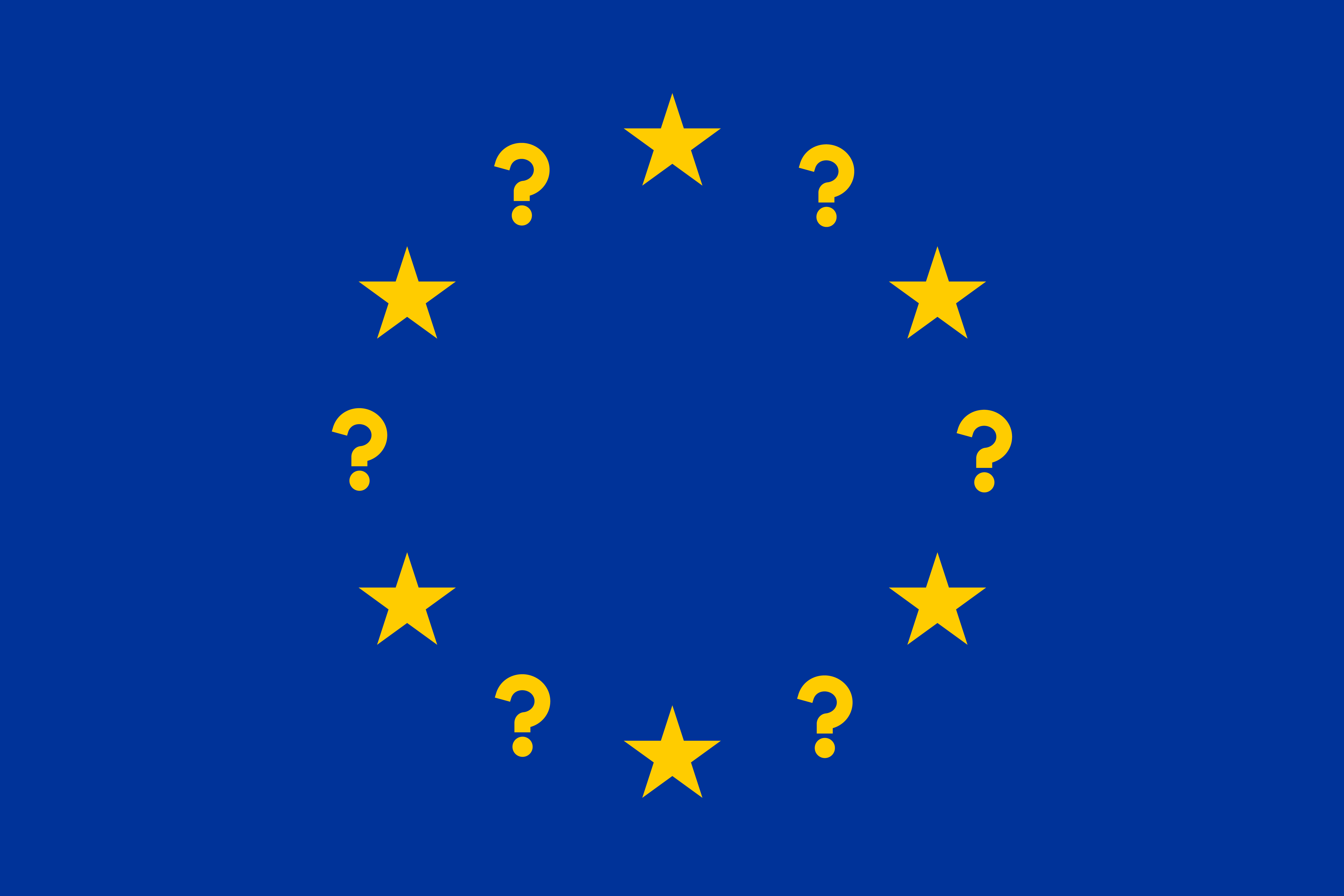For decades, European leaders have debated the question of whether Europe should have a common foreign policy that’s independent of the United States.
Germany, the UK, and countries situated closest to Russia have traditionally preferred to rely on membership in NATO and US military strength to safeguard European security at a cost affordable for them.
French leaders, by contrast, have argued that, with or without NATO, Europe needs an approach to foreign policy questions that doesn’t depend on alignment, or even agreement, with Washington.
There are those within many EU countries who agree that Europe must speak with a single clear voice if the EU is to promote European values and protect European interests in a world of US, Chinese, and Russian power.
On paper, there is a European foreign and security policy. In March, EU leaders will sign on to a document called the “Strategic Compass,” a plan designed to boost EU foreign policy and defense capabilities. So, is Europe on the verge of establishing a much more forceful approach to managing its own foreign policy challenges?
The EU is already effective in certain areas.
- On climate policy, tech regulation, and other global issues, Europe has offered credible global leadership in recent years in areas where the US and China have mainly safeguarded their own interests.
- The “Strategic Compass” will likely help the Union build new security arrangements with foreign governments, especially in Africa.
- The EU will also work closely with countries along the major transit routes from Afghanistan to Africa this year to help them avoid unmanageable refugee crises.
- Eurasia Group analyst Emre Peker has forecast that later this year, the EU will probably impose a sixth set of sanctions on Alexander Lukashenko’s government in Belarus. These penalties are in response to rigged elections there and human-rights abuses committed against protesters and dissenters. More penalties won’t force an about-face, but it will impose costs on future bad behavior.
But on the biggest questions — Russia, China, and the US — Europe remains divided.
The presence of 100,000 Russian troops on the Ukrainian border has again exposed the limits of Europe’s ability to forge a single foreign policy. All 27 EU members have agreed that if Russia invades Ukraine, Europe’s response must include extraordinarily tough financial-market and energy sanctions that extend well beyond anything directed at Russia in the past.
But without a full invasion, Europe will remain split into camps. France and Germany will protect their trade and energy ties with Russia by insisting on a diplomatic resolution of the crisis. Poland, the Baltic states, and other Eastern European countries more directly threatened by Russian actions want a much tougher approach right now.
As a result, this extraordinary threat to Europe’s security will probably be resolved in the coming weeks by a deal crafted mainly in Moscow and Washington.
Europe’s relationship with China features similar divides. In 2021, the EU accused China of unfair trade practices and human-rights violations against Uyghurs living in its Xinjiang region. When Brussels imposed sanctions, Beijing, aware that divisions of opinion and interests within Europe can be exploited, countered with sanctions of its own. European, particularly German and French, companies hoping to protect their market access to China, continue to push for European restraint while officials in Brussels push for a more tough-on-China approach.
And if the EU hopes to revive the so-called EU-China Comprehensive Agreement on Investment, a proposal that would create enormous profit opportunities for European companies in Chinese markets, EU governments will face renewed pressure from European business leaders to keep quiet on hot-button foreign policy issues, like Chinese behavior toward Hong Kong, Taiwan, and the South China Sea.
Strategic Compass?
The EU’s new Strategic Compass program is designed to, among other things, forge agreement within the EU on strategic priorities and “set out new ways and means to improve [the EU’s] collective ability to defend the security of our citizens and our Union.”
This plan may help create “European coalitions of the willing,” according to Peker, which can “deploy to regions (like West Africa) where an EU heavyweight (like France) is already working to counter terrorist threats to the region and to Europe.”
But the creation of an “EU Rapid Deployment Capacity” that can send “up to 5,000 troops” into security hotspots won’t remove the primary obstacle to a common European foreign and security policy: the 27 EU states just don’t agree on how Europe should engage Russia, China, or the United States.
That’s a reality that won’t change anytime soon.
